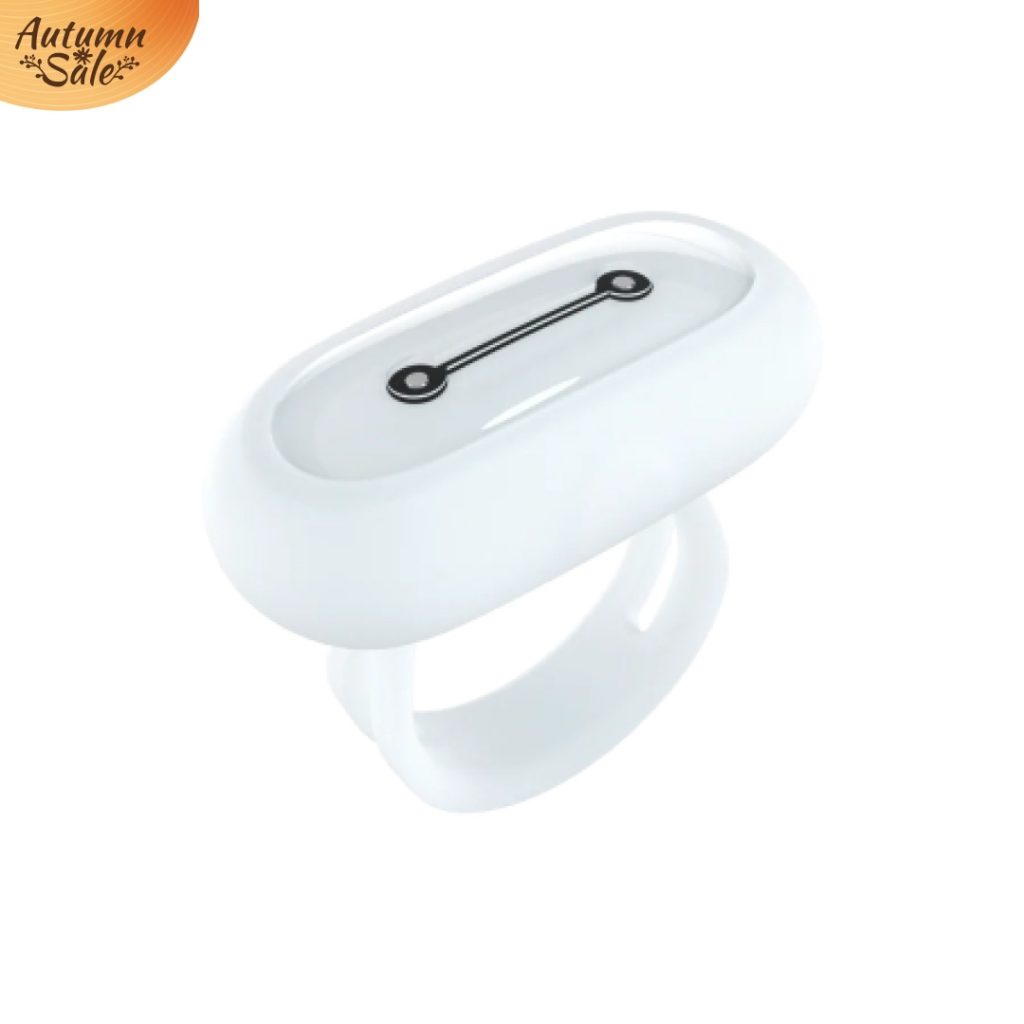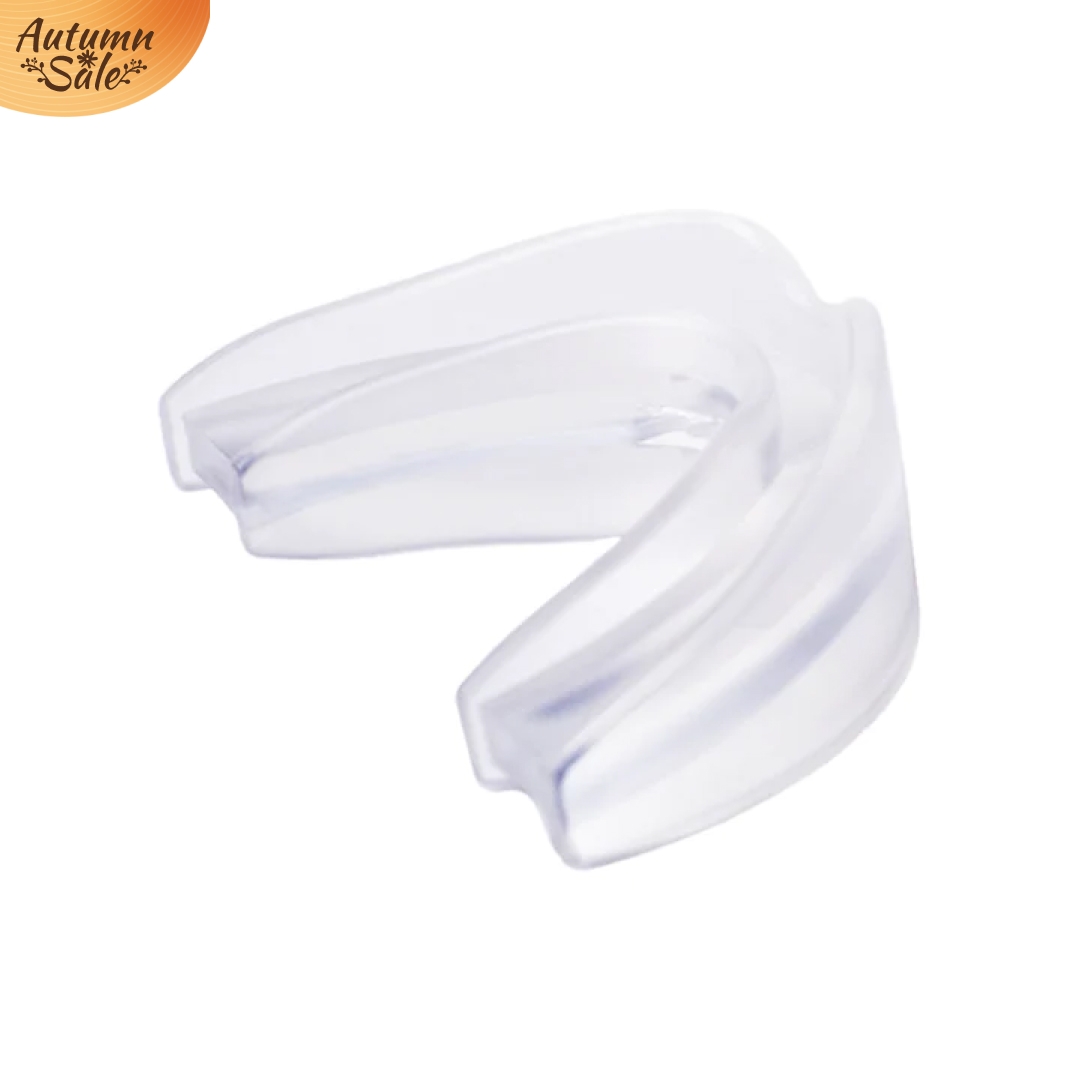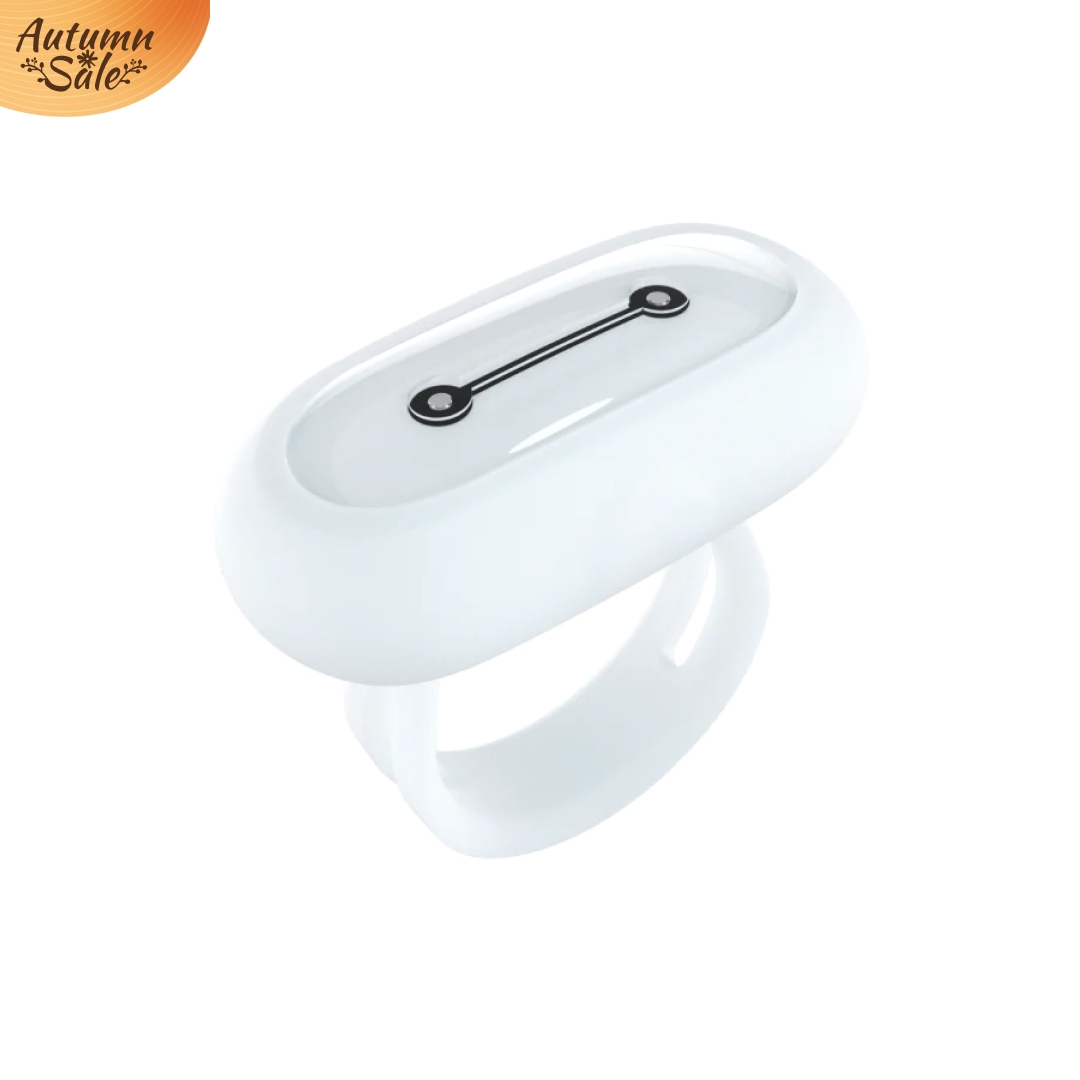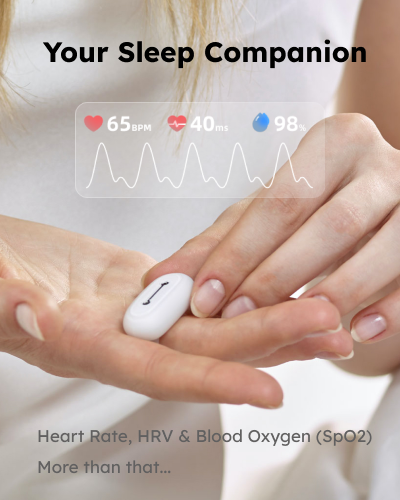The Effects of Sleep Deprivation on Your Health – Sleepon
Sleep deprivation can cause anxiety in people who suffer from insomnia.
This is because both cortisol and adrenaline are both released during times of stress. They help us deal with stressful situations by increasing our energy and alertness. However, when we are chronically stressed, these hormones can become elevated and lead to symptoms such as difficulty sleeping, irritability, and forgetfulness, which is a negative cycle: you’re stressed, you have sleep deprivation, and you stress more.

The National Sleep Foundation recommends getting seven to nine hours of sleep each night. However, if you find yourself waking up frequently during the night, don’t ignore it.
Why You Shouldn’t Ignore Sleep Deprivation
If you’re not getting enough sleep, you might feel tired throughout the day, have trouble concentrating, and even make mistakes at work. In fact, research shows that people who lack sleep are more likely to suffer from anxiety, depression, and other mood disorders.
All of these can lead to increased blood pressure and decreased immune function. It means you might get sick easily, you’re more likely to have high blood pressure and other diseases.
With that said, sleep and wellness are highly correlated. Sleep is the foundation of your overall health. Therefore, you should never ignore sleep deprivation.
Sleep Deprivation Affects Your Memory
A good night’s rest helps your brain process new information and recall old memories. It also improves your ability to learn new things and solve problems.
Forming memories and processing learned knowledge is an essential role of REM Sleep. One study suggests memories are retained during REM Sleep. A 2016 study found healthy adolescents that have sleep deprivation could increase the risk of forming false memories.
Sleep Deprivation Affects Your Mood
When you’re tired and can’t get enough sleep during the night, your body produces less serotonin, which makes you feel anxious and depressed.
Serotonin levels naturally rise during REM sleep, which is why people often wake up feeling refreshed after sleeping well. And you might be waking up feeling groggy and down instead of rested.
Sleep Deprivation Affects Your Attention
If you’re not getting enough sleep, your attention span will suffer. You’ll find yourself easily distracted by irrelevant stimuli, and you won’t be able to focus as well on tasks that require sustained concentration.
When we’re tired, our brains aren’t working at peak capacity. That’s why it’s important to get adequate rest each night. In fact, research shows that people who get less than seven hours of sleep per night are twice as likely to develop Alzheimer’s disease as those who get eight hours of shut eye.
Sleep Deprivation Affects Your Decision-Making
A lack of sleep also affects decision making.
Studies show that people who aren’t sleeping well make more mistakes when they’re tired than when they’re rested. This makes sense because our brains need sleep to process new information and make decisions.
“Sleep deprivation has been shown to impair cognitive function,” says Dr. David Dinges, director of the Center for Cognitive Neuroscience at the University of Pennsylvania School of Medicine. “It’s not just that we’re less able to think clearly; we’re also more likely to make bad decisions.”
In fact, research shows that people who get fewer than five hours of sleep each night are twice as likely to make poor financial choices. And while there are many factors that contribute to our decision making, one of the most important is sleep.
How to Make up Missed Sleep
Can you make up the missed sleep due to sleep deprivation?
The simple answer is yes. If you have to get up early for an appointment on a Friday, and then sleep in that Saturday, you’ll mostly recover your missed sleep.
Sleep is a restorative activity — while you sleep, your brain is cataloging information and healing your body. It decides what’s important to hold onto, and what can be let go. Your brain creates new pathways that help you navigate the day ahead. Sleeping also heals and repairs your blood vessels and heart.
That being said, catching up on a missed night of sleep isn’t quite the same as getting the sleep you need in the first place. When you catch up, it takes extra time for your body to recover. It takes four days to fully recover from one hour of lost sleep.

Additionally, many Americans who lose sleep do so chronically instead of just once in a while. This creates a “sleep deficit,” making it harder to catch up on sleep and increasing the likelihood of sleep deprivation symptoms.
Besides that, if you find yourself waking up feeling groggy and unable to focus, it’s important to get back into bed right away. “If you wake up feeling exhausted, try going back to bed,” says Dr. David Dinges, director of the Center for Health Statistics and Policy at the University of Chicago. “You’ll be able to fall asleep again.”
Finally, if you’re feeling anxious before bedtime, try taking a hot bath instead of drinking coffee. A study published in the Journal of Clinical Endocrinology and Metabolism found that people who took a hot bath before going to bed had lower levels of cortisol (the stress hormone) than those who drank coffee. Cortisol levels were also higher among those who drank caffeinated beverages before bed.
How to Know if You Have Sleep Deprivation
One tip to diagnose if you have sleep deprivation is to see how you feel after nights of sleep. Are you still tired after a night of sleep? Do you feel gloomy? Are you consistently stressed? Can you focus while you’re driving? Simply write down the answers so that you can have a general idea.

The second tip to diagnose sleep deprivation is track your sleep to better understand your sleep patterns, in order to improve quality sleep. Sleep trackers, like Go2Sleep, can be your fit, by providing rich data with reasonable pricing. Named as the best value sleep tracker of 2022, Go2Sleep collects data of heart rate, blood oxygen level, AHI (apnea-hypopnea index) to give you a basic understanding of your sleep. It also gives you a sleep score so you can have a straight sense of your sleep health.
Comments (2)
Leave a Reply Cancel reply
ALL ARTICLES
Subscribe Us
403A, Building A2, Zhihui Park, Fuyong Street, Bao'an District, Shenzhen, Guangdong, China
Products
Company
Copyright © SLEEPON. All rights reserved.
SLEEPON keeps both Sleeponhealth and Sleepon.us due to the brand upgrading. We promise to provide the same products and service in both sites.








Tired of battling stubborn fat? This weight loss product is the answer! From 85kg to a lean 55kg, I’m now living my best life. to take control of your weight and health!
Click the link :- https://cad8aco1m7ufneud4hl5x8jh4s.hop.clickbank.net
Health is a dynamic state of physical, mental, and social well-being. It involves balance, nutrition, exercise Health Tips and a positive mindset. Prioritizing health fosters vitality, resilience, and a fulfilling life.